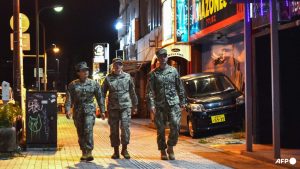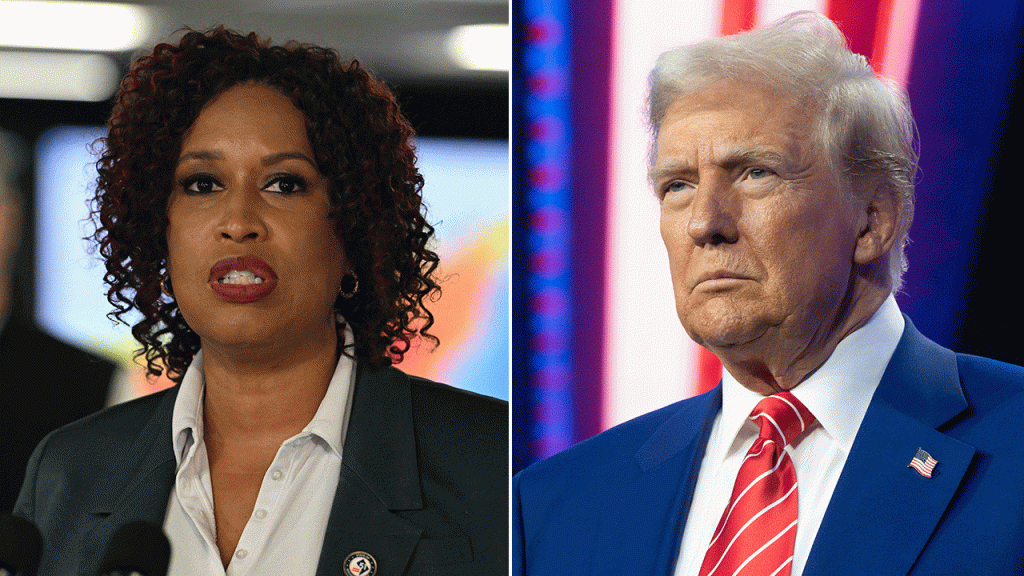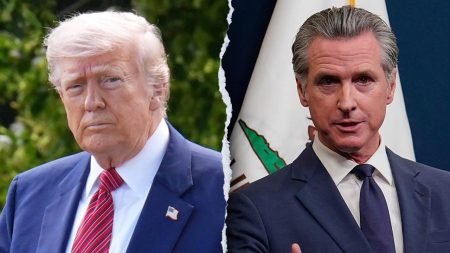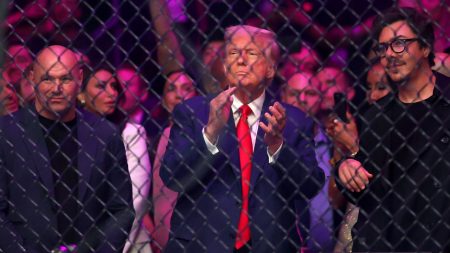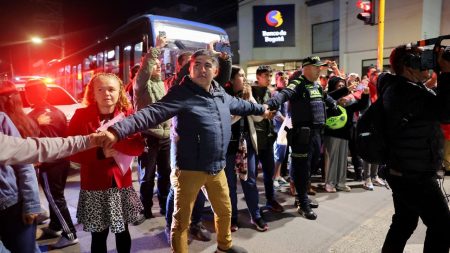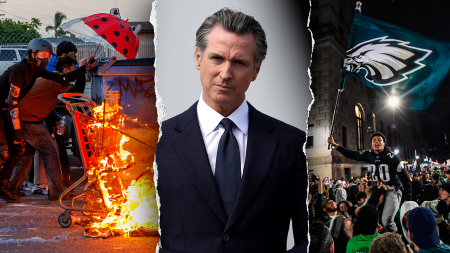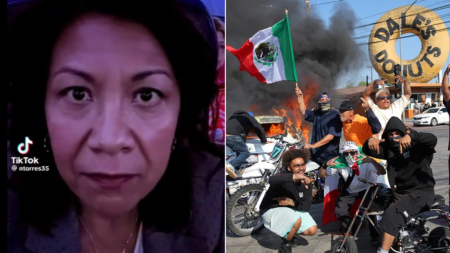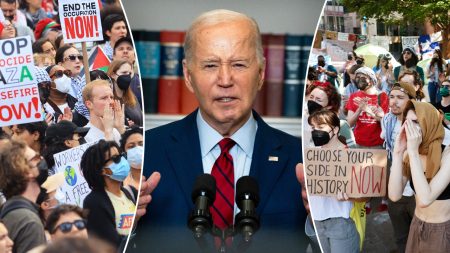The relationship between Washington, D.C. Mayor Muriel Bowser and former President Donald Trump has undergone a significant transformation. Despite past clashes, particularly during the 2020 George Floyd protests and riots, Bowser reported a productive meeting with Trump, emphasizing their shared goal of making the nation’s capital a safe, beautiful, and thriving city. This meeting signals a potential collaborative approach between local and federal government entities in addressing key issues facing the District, including the safety of the federal workforce, the utilization of federal buildings and spaces, and infrastructure development. Bowser’s optimism about continued collaboration with Trump represents a notable shift from her previous stance, suggesting a willingness to work together for the betterment of the city. This renewed focus on common ground holds the potential to unlock significant resources and initiatives that could positively impact Washington, D.C.
The primary areas of focus for this potential collaboration include addressing the rising crime rates that have plagued the city, particularly affecting federal employees and residents. Carjackings and other violent crimes have become increasingly common, highlighting the need for improved safety measures. Trump’s campaign promise to revitalize American cities, including Washington, D.C., aligns with Bowser’s focus on addressing these challenges. Both recognize the need to improve safety, cleanliness, and overall quality of life in the capital. The collaboration could involve leveraging federal resources and support to implement effective crime reduction strategies and revitalization projects.
However, the shift in Bowser’s approach towards Trump has been met with some skepticism, given their previously contentious relationship. During the 2020 protests, Bowser publicly challenged Trump’s deployment of federal law enforcement in the city and even officially renamed a section of street near the White House “Black Lives Matter Plaza” in a direct rebuke of the then-president’s policies. This stark contrast in her current conciliatory tone raises questions about the sincerity and longevity of this newfound collaboration. Critics might view this as a political maneuver by Bowser, aiming to secure federal support for the city’s needs. Nevertheless, the potential benefits of a cooperative relationship between the mayor and the former president, especially in addressing the pressing issues of crime and urban revitalization, cannot be overlooked.
The urgency of addressing crime in Washington, D.C. is underscored by statistical data. Reports indicate a significant surge in violent crime between 2022 and 2023, making it the city with the highest increase among major metropolitan areas. This alarming trend fueled Trump’s campaign rhetoric and resonated with residents concerned about their safety. Despite this bleak picture, recent statistics offer a glimmer of hope. DC police and public safety officials reported a substantial decrease in violent crime in 2024, reaching a 30-year low. This positive development is attributed to various factors, including increased use of technology like CCTV cameras, a new crime bill empowering law enforcement, and a shift towards pre-trial detention for violent offenders. While these improvements are encouraging, sustained efforts are crucial to maintain this downward trend and ensure long-term public safety.
The implementation of the new crime bill and the focus on pre-trial detention represent a significant policy shift in Washington, D.C.’s approach to crime. The bill provides law enforcement with additional tools and resources to combat crime effectively, while the increased use of pre-trial detention aims to keep repeat offenders off the streets. However, this approach has also sparked debate regarding its potential impact on individual rights and the presumption of innocence. Critics argue that pre-trial detention disproportionately affects marginalized communities and can lead to unjust incarceration of individuals awaiting trial. Balancing public safety concerns with individual rights remains a challenging task for policymakers.
Moving forward, the success of the potential collaboration between Mayor Bowser and former President Trump will depend on their ability to navigate past disagreements and focus on shared goals. The emphasis on revitalizing Washington, D.C., addressing crime, and improving public safety presents a common ground for both leaders. However, the long-term impact of this collaboration will hinge on the sustained implementation of effective policies, consistent communication, and a commitment to addressing the root causes of crime and urban decay. Only time will tell whether this renewed focus on collaboration can truly transform the nation’s capital into the safe, beautiful, and thriving city envisioned by both Bowser and Trump.


